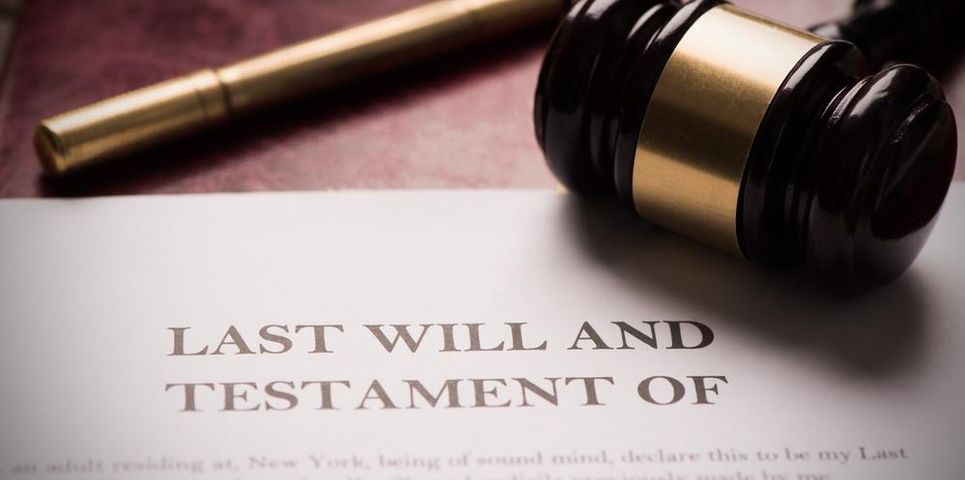
Probate is the legal process that verifies the terms of a will and resolves the issues associated with the estate of a deceased individual. But, in practical terms, what does this mean? What typically happens during the probate process? How are probate courts involved, and is going to court always necessary? Below, are answers to these questions in more detail with a brief introduction to probate.
Overview of the Process
I n the average probate case, there are several key steps taken to effectively wrap up a decedent's financial and legal affairs and close out their estate. It all starts with the appointing of an executor, an individual named in the deceased's will as the administrator of the estate. If no will was left, an executor is nominated by the probate courts. The designated individual opens a probate case, oversees the process, and ensures all loose ends are tied up; this usually involves:
n the average probate case, there are several key steps taken to effectively wrap up a decedent's financial and legal affairs and close out their estate. It all starts with the appointing of an executor, an individual named in the deceased's will as the administrator of the estate. If no will was left, an executor is nominated by the probate courts. The designated individual opens a probate case, oversees the process, and ensures all loose ends are tied up; this usually involves:
- Courts reviewing the will and ensuring it is properly signed, witnessed, and notarized, thereby validating the document and allowing its terms to be carried out
- Inventorying and appraising all property owned by the deceased
- Paying outstanding debts, taxes, and other fees associated with the estate out of the decedent's funds
- Distributing assets and property included in the will according to the document's terms; in other words, beneficiaries are given the assets or property they were bequeathed by the deceased person
Important Points to Remember
There are specific instances in which an executor may not have to attend a court proceeding. If the decedent was married and owned most of their assets jointly with a surviving spouse, a probate court appearance may not be necessary. Also, certain estate planning documents and funds, like living wills and retirement accounts with a named beneficiary, avoid probate and don't need to be filed with the courts.
Probate is not a quick procedure. The average estate is finalized within nine to 18 months of the initial opening of the case. If there are challenges to the estate, such as a dispute over the terms of a will, the case could take significantly longer.
An executor should be prepared for the challenges of probate. The estate law attorneys at Shelton Law Firm are here to help. They represent clients throughout the Chariton, IA, area in all aspects of probate- and estate-related matters. Call (641) 774-5956, visit them online, or contact them on Facebook or Twitter to schedule an appointment for legal advice today.
About the Business
Have a question? Ask the experts!
Send your question

